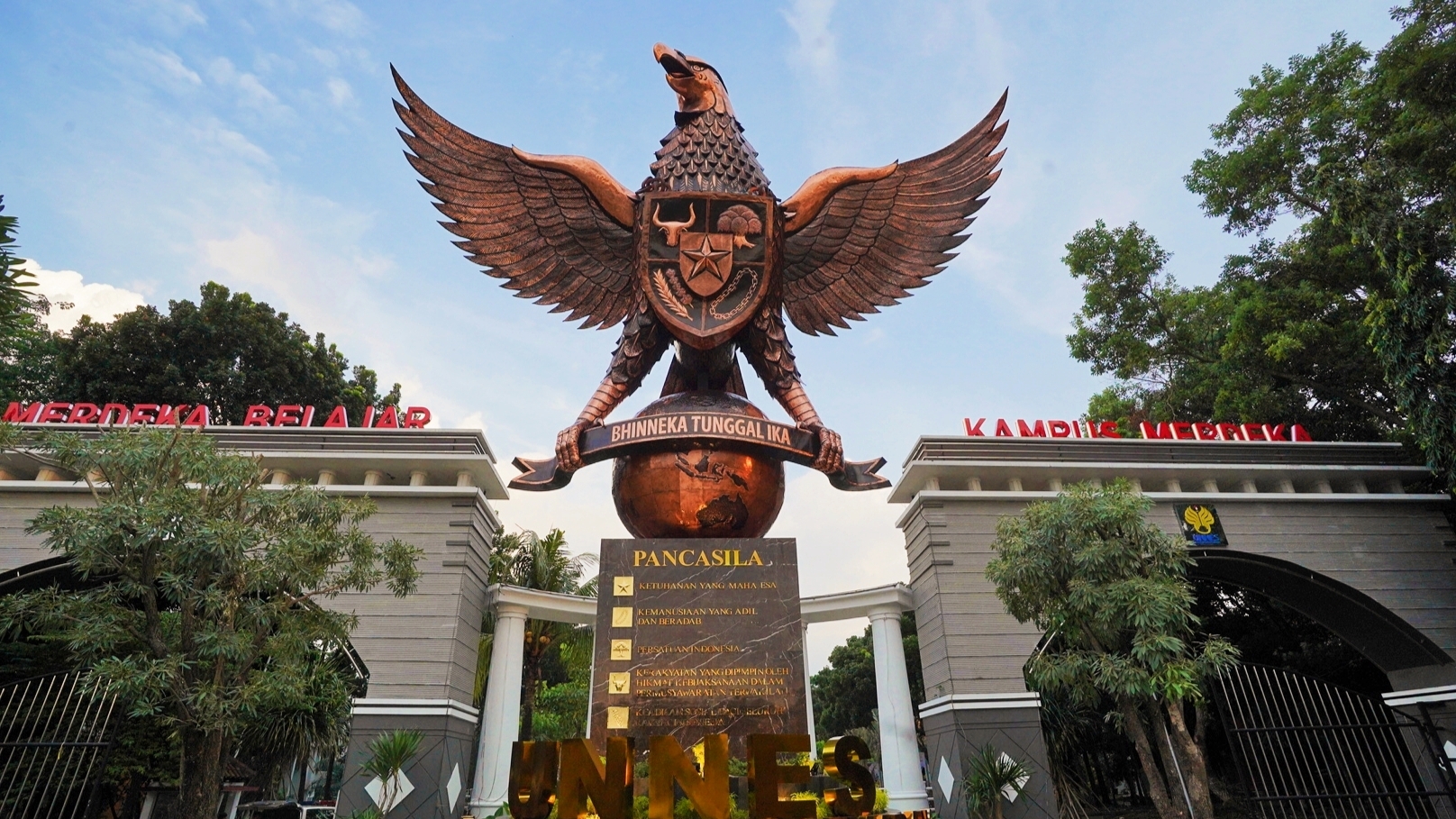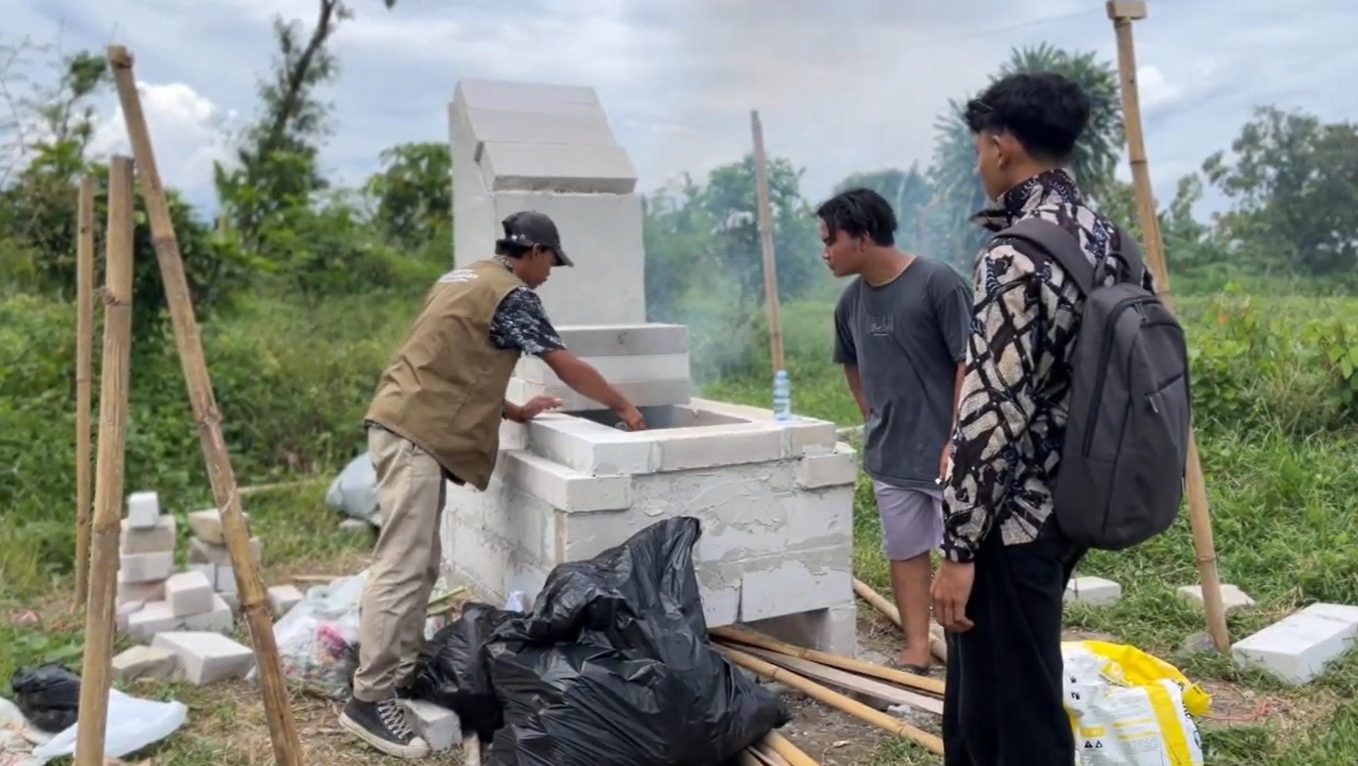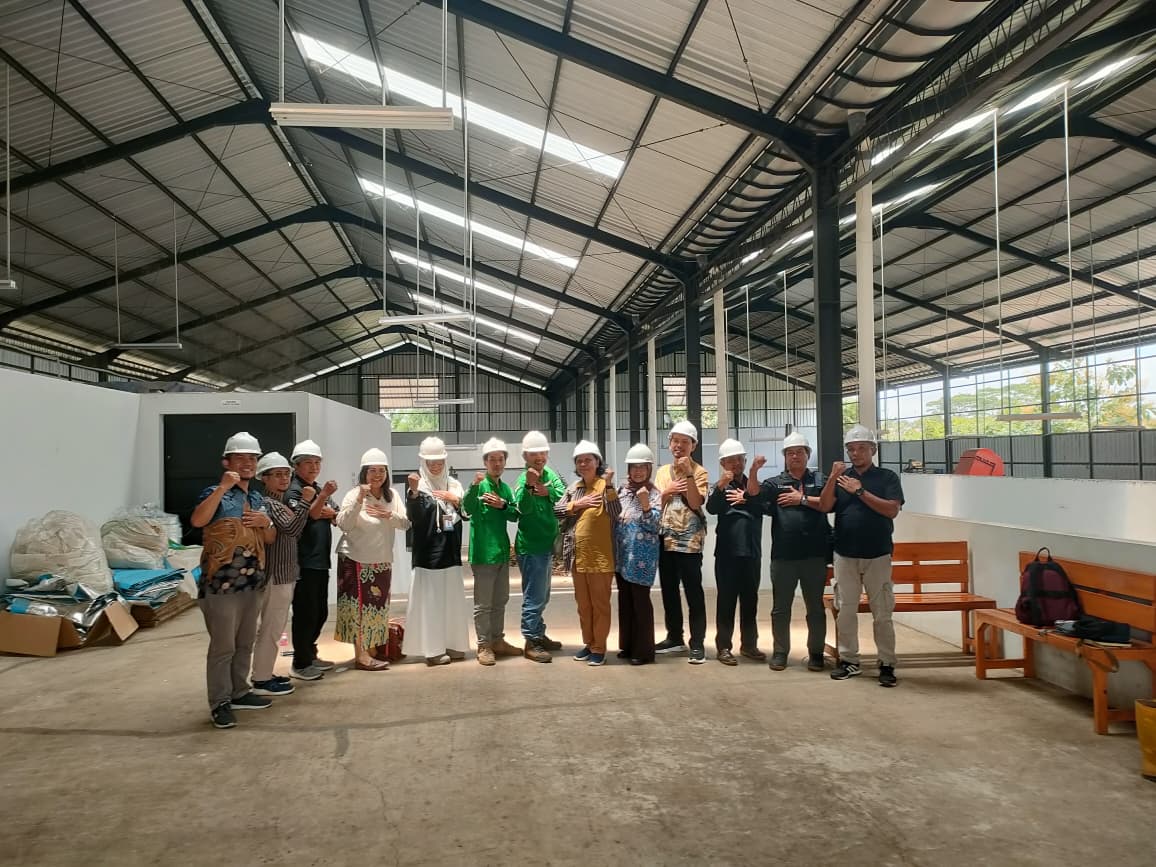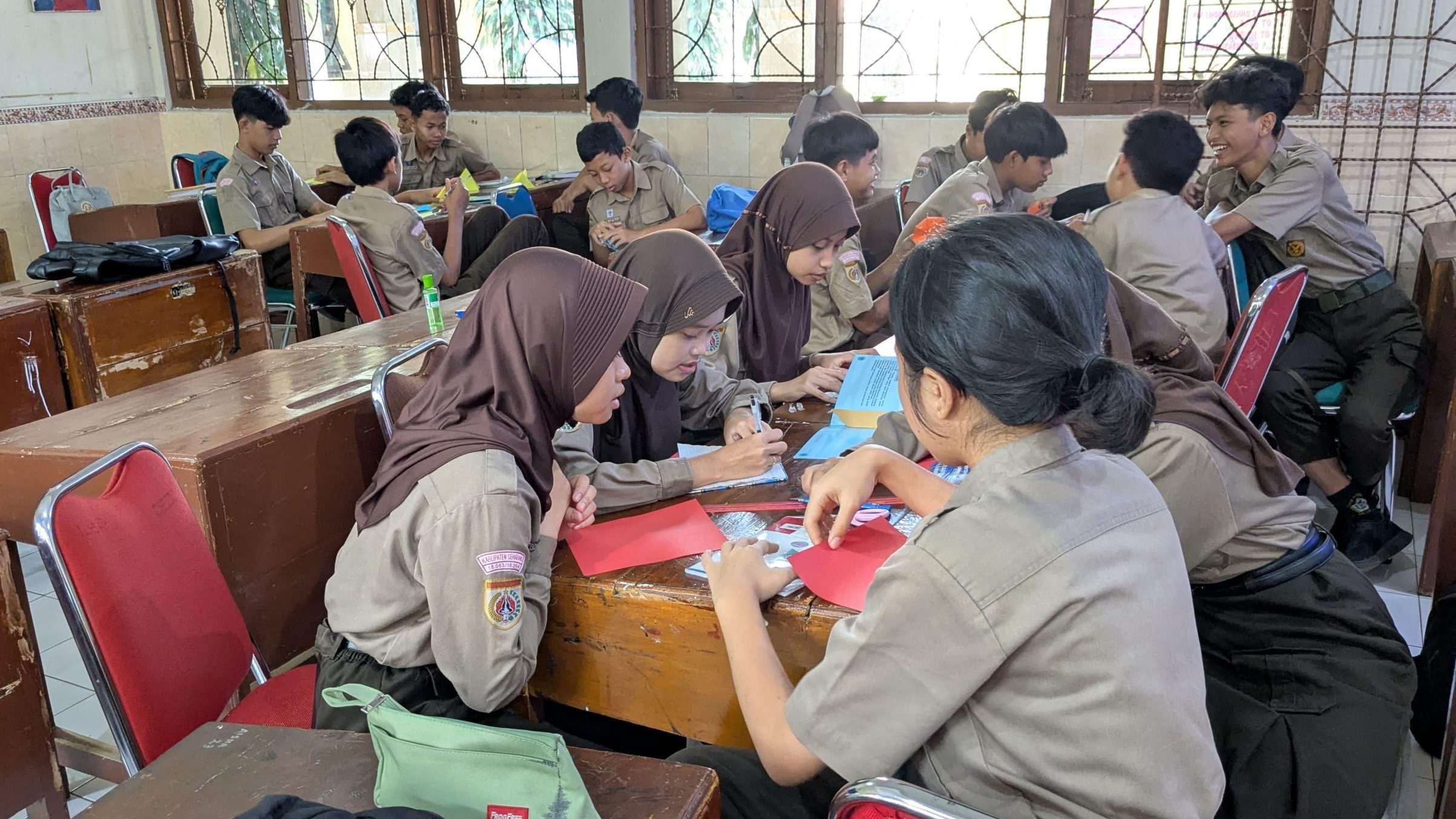Between August 2023 and July 2024, the Australian Government and the Center for Literacy Studies at the Faculty of Languages and Arts at Universitas Negeri Semarang will collaborate on a climate change research project. Climate and environmental challenges, which are thought to have gotten little attention, will be the main topics of the research. The research’s findings are hoped to help policymakers decide the best course of action for tackling climate change and environmental problems.
In addition to the National Planning and Development Agency (Bappenas), the Ministry of Education, Culture, Research, and Technology, the Australia-Indonesia Knowledge Partnership Platform (KONEKSI), the National Research and Innovation Agency (BRIN), Gadjah Mada University, and Australia, according to Zulfa Sakhiyya PhD, the head of the Center for Literacy Studies and a lecturer in the Department of English Language and Literature at FBS UNNES.
The National Research and Innovation Agency (BRIN), Kemdikbudristek, and Bappenas are partners in this research grant, which is entirely supported by the Australian Ministry of Trade and Foreign Affairs.
According to Zulfa, the study was conducted between August 1, 2023, and July 31, 2024, at four women-only non-governmental organizations (NGOs), including the East Indonesian Women’s Network in Kupang, Mosintuwu in Palu, and Solidaritas Perempuan Kinasih and Sri Institute in Yogyakarta. The study, titled “Inclusive Climate Adaptation: The Roles of Women’s Climate Advocacy Network,” will concentrate on the ways that women’s NGOs support environmental protection and climate defense. The goal of the researchers was to link the functions and unleash the potential of women’s NGOs.
Girindra Putri Dewi Saraswati, Zuhrul Anam, Sri Sumaryani, and Agung Ginanjar Anjaniputra are all members of the research team from UNNES. The four research participants also teach in FBS UNNES’s Department of English Language and Literature. Additionally, this study received help from academics outside of UNNES, including Prof. Vaille Dawson from the University of Western Australia, Dr. Yulida Pangastuti from Gadjah Mada University, and Dr. Rini Astuti from the Australian National University.
650 ideas were submitted throughout the selection process, according to Zulfa, before the research was successfully financed. Before the Literacy Studies Center proposal was finally financed, four selections were made.
A variety of research outputs, including databases, infographics, scholarly journals, and popular pieces, will be generated. Zulfa stated that her party intended to support the continued presence of women’s NGOs in the climate sector in terms of external consequences. The Center for Literacy Studies wants to offer an inside perspective on how to obtain foreign grants, he said. He feels that academics should be encouraged to apply for competitive awards on a global level.
Zulfa has already obtained multiple grants for research from other institutions. For instance, she received funding from the Australian Government in the early stages of the COVID-19 pandemic outbreak and collaborated on research on how female lecturers in Indonesia managed their daily lives during the pandemic with professors from the University of Indonesia, the State University of Malang, and the University of Western Australia. The research that was completed focused on gender, but the research that will be conducted will focus on climate change, according to Zulfa.
Zulfa has received funding from organizations other than Australia, including the Global Development Network and The British Council, for her studies on gender in ASEAN universities and the environment for humanities and social sciences in Indonesia.




